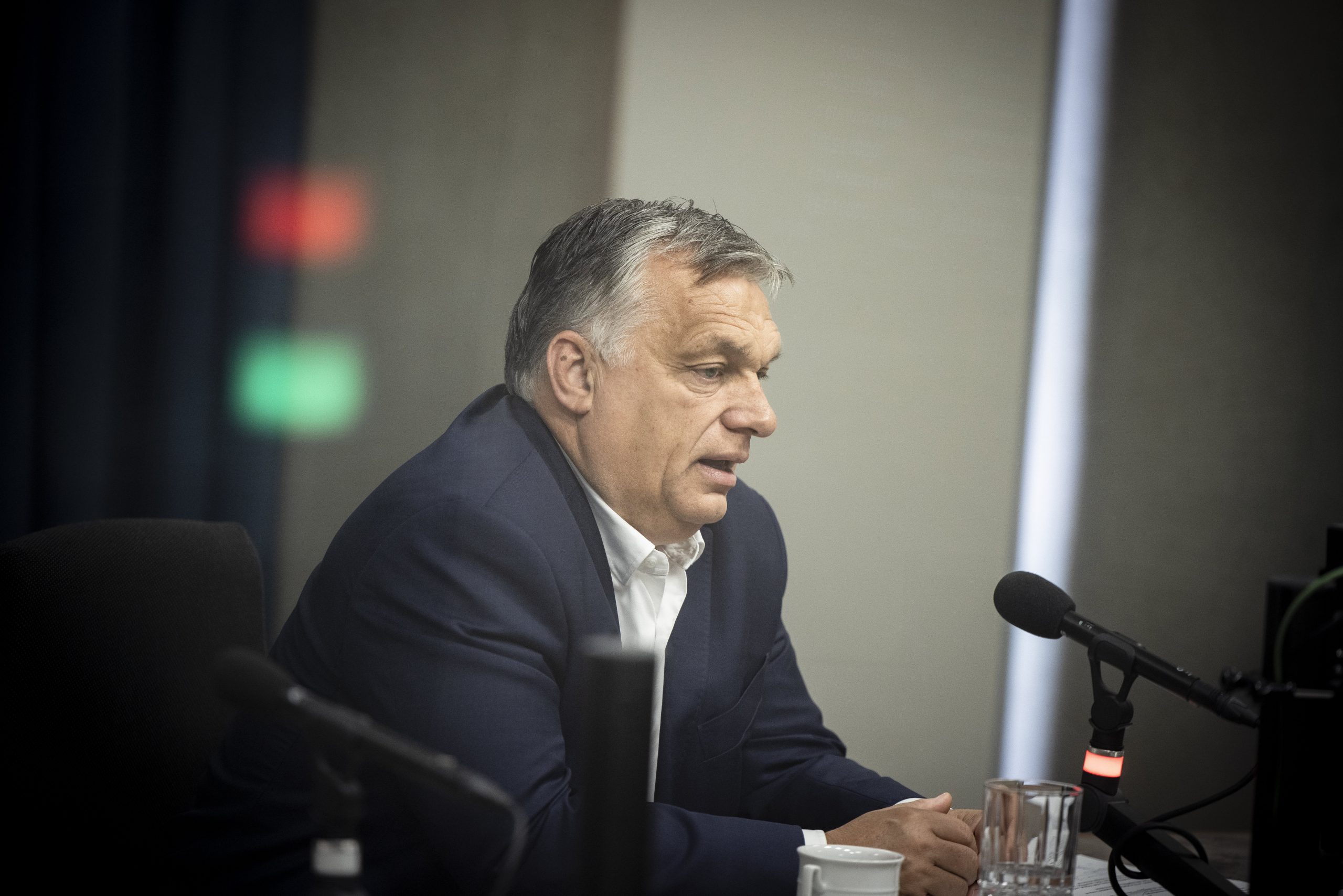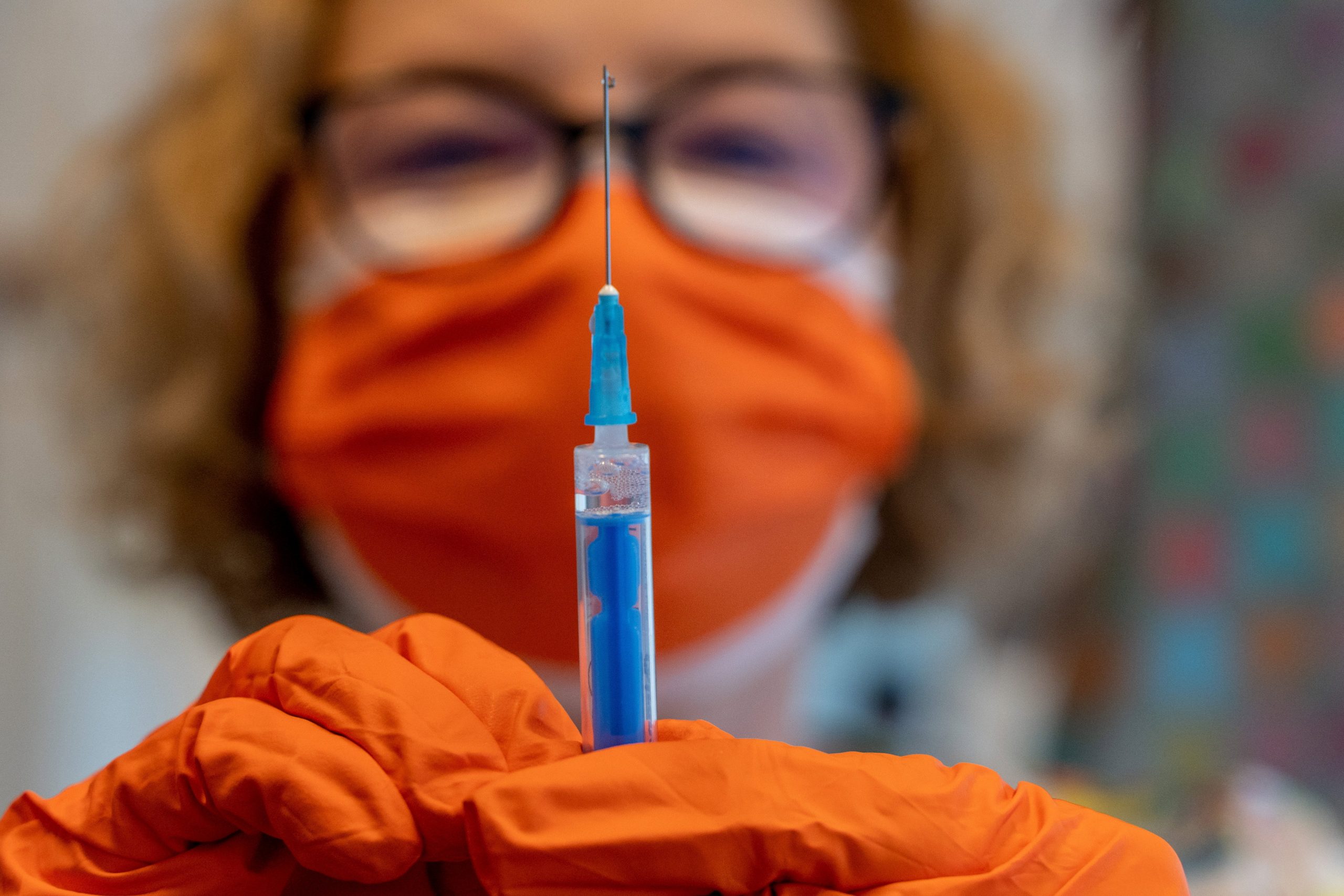
Also, vaccination will be made mandatory for health-care workers, the Hungarian Prime Minister revealed.Continue reading

Starting August first, third vaccinations will be available in Hungary four months after an individual’s second shot, Prime Minister Viktor Orbán announced Friday morning. The decision was evidently brought on by the rapid spread of the Delta variant and the need for Hungary to increase its vaccination rate. Many Hungarian health experts have advocated for third vaccinations, especially for people who did not develop antibodies after being fully vaccinated. Despite the World Health Organization warning against third vaccinations, they may be exactly what Hungary, and the international community, needs to save lives in a potential fourth wave.
There are mixed decisions around the world as to whether a third vaccination against the coronavirus is needed, and there is currently no consensus in the scientific community around the effectiveness of a third jab. Reuters compiled together the countries which are considering third shots, as well as those which are not planning on using them just yet.
European Union
According to the European Medicines Agency’s (EMA) July 9 statement, it is too early to determine whether third shots are necessary, but supply contracts with Pfizer-BioNTech and Moderna are open to the bloc purchasing more doses if they are eventually needed.
For now, the EU is confident that its current regimen is sufficient.
United States
The United States Food and Drug Administration (FDA) and the Centers for Disease Control and Prevention (CDC) have said that Americans who are fully vaccinated do not yet need a third dose.
United Kingdom
The United Kingdom is planning third vaccinations for the Fall, following advice from experts that booster shots may be necessary for the elderly and the most vulnerable. There has been no final decision on the matter yet.
Israel
Israel is not yet planning to administer booster shots to anyone, but is considering the vaccination of people with immunosuppressant conditions who had weak responses to their original shots.
Russia
Russia was one of the first countries to introduce third vaccinations in early July, offering them to people vaccinated at least six months ago.
Russia, like many other countries at the moment, is struggling to overcome a huge influx of Delta variant cases, with an increasing death rate and only 16 percent of its population vaccinated since January. The plan is to offer third doses until 60 percent of the population is vaccinated, but there is allegedly heavy distrust against vaccination.
When it comes to vaccine providers, Pfizer-BioNTech has already shared plans to ask US and European regulators to authorize booster shots, following evidence of having a greater risk of infection six months after being inoculated.
According to virus researcher Miklós Rusvai, if the number of Hungary’s vaccinated grows, and those above the age of 60 receive their third vaccinations, Hungary will be able to avoid a much more severe fourth wave of the virus. He also recommends third vaccinations to those who received their last shot half a year ago.
Rusvai told Inforádió that a fourth wave is likely to only happen in the fall, and if it is met with a higher vaccination rate, at the worst it would only mean an increase in cases, without the deaths and over-hospitalizations of the last wave.
The virologist says that people vaccinated with mRNA-based vaccines (Pfizer-BioNTech and Moderna) should receive the same type in their third visit to a vaccination clinic, since mRNA technology allows for multiple immunizations.
People vaccinated with vector vaccines on the other hand (Sputnik V, AstraZeneca, Janssen) or inactivated vaccines (Sinopharm), should receive a different type. Vaccine mixing, as it is called, is opportune for such vaccines.
In the case of vector vaccines, it is required because […] If inoculation happens three, four, five times with the same vector vaccine, it is unable to effectively achieve its purpose. The immune system steps into action against the vector vaccine and obstructs the vector virus from infecting cells, thus reducing the production of coronavirus spike proteins.”
In the case of inactivated vaccines, Rusvai explained that if the first two vaccinations did not develop an effective antibody response, it is probably because the immune system is unable to react effectively to the inactivated vaccines.
He emphasized that this is especially the case for elderly people above the age of 60, for whom he says it would be opportune to provide a different vaccine for their third inoculation, whether it be vector or mRNA-based.
Regarding Sinopharm vaccinations for the elderly who do not have immunity, virologist Ernő Duda similarly states that a different vaccine should be provided for their booster shot, but he argues that two shots of a new vaccine should be provided instead of just one.
The World Health Organization made a statement on Thursday, calling for member states to be careful with third vaccinations.
Chair of the IHR Emergency Committee for Covid-19, Didier Houssin, brought up the lack of scientific consensus around the third dose, as well as the fact that many developing countries still do not have access to vaccines.
Europe has an extensive supply of vaccines, with the remainder of most unvaccinated people choosing not to be inoculated. But many developing countries do not have enough vaccines to inoculate even their most vulnerable populations.
Globally, around 25.8 percent of the world’s population has received at least one dose, with the vast majority of these inoculations occurring in the Global North.
Rather than promoting third vaccinations, WHO instead encouraged wealthier countries to share their vaccine supply.
The potential impact of the third dose is still unclear, and time will tell whether it does in fact end up saving many lives in the case of a fourth wave.
Featured photo illustration by Tibor Rosta/MTI